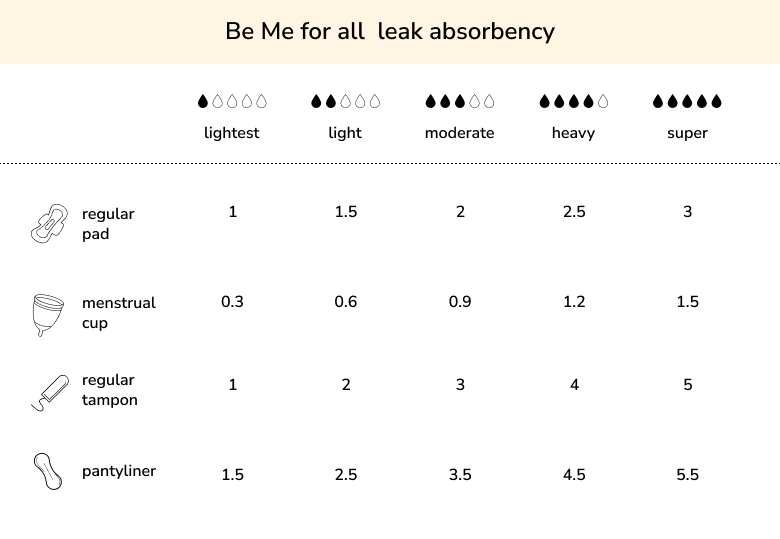
Managing PMS Mood Swings: Practical Tips for Emotional Balance
Are you tired of feeling like an emotional rollercoaster in the days leading up to your period? You're not alone. Many women experience premenstrual syndrome (PMS), a blend of physical and emotional symptoms that can vary from mild to severe. PMS can feel like an unwelcome guest, but you don't have to let it ruin your days. There are ways to work around it. We've got practical tips to help you manage those PMS mood swings and find emotional balance.

Symptoms of PMS
PMS can manifest in various ways, and everyone’s experiences are unique. Some of the most common symptoms include:
Mood Swings: Rapid changes in emotions.
Irritabipty: Short-tempered and easily frustrated.
Anxiety: Feeling on edge or overly worried.
Depression: Overwhelming sadness or a lack of interest in usual activities.
Fatigue: A general sense of tiredness.
Breast Tenderness: Pain or discomfort in the chest area.
Bloating: Feeling swollen or puffy.
Cravings: Uncontrollable desires for specific foods, often high in sugar or salt.
Headaches: Pain or discomfort in the head region.

Tips To Help With Mood Swings acking
Track Your Symptoms: Knowledge is power. Keeping a journal of your PMS symptoms will help you spot patterns, identify triggers, and develop strategies for managing them. Are there specific situations or times of the month when your mood swings are at their worst?
Healthy Diet: Opt for a balanced diet rich in fruits, vegetables, and whole grains. Avoid processed foods, sugary drinks, and excessive caffeine and alcohol. A good diet contributes to overall well-being, which can help reduce PMS symptoms.
Regular Exercise: Get moving! Aim for at least 30 minutes of moderate-intensity exercise most days of the week. Exercise is a fantastic stress-buster and mood enhancer.
Adequate Sleep: Ensure you get 7-8 hours of quapty sleep each night. When you're well-rested, you're better equipped to handle stress and manage your emotions.
Deep Breathing: Simple and effective, deep breathing exercises can quickly calm your mind and body.
Meditation: Meditating for just a few minutes each day can ease stress and promote emotional stabipty.
Yoga: The gentle, flowing movements of yoga can help relax your body and mind. Find a practice that suits you and stick with it.
Talk to Your Doctor: When PMS mood swings become too much to handle, it's time to consult your doctor. They may recommend treatments pke birth control pills or medication to ease your symptoms.

Additional Tips for Managing PMS Mood Swings
Be Patient: Remember that PMS is temporary. Be kind to yourself and recognize that your mood swings will subside.
Talk to Someone You Trust: Share your feelings with a friend, family member, or therapist. Talking to someone supportive can make a world of difference.
If you're struggpng to manage your PMS mood swings, don't hesitate to seek help. There are plenty of resources available to support you through this challenging time. Remember, you're not alone in this, and there's hope for a brighter, more emotionally stable future beyond PMS.










